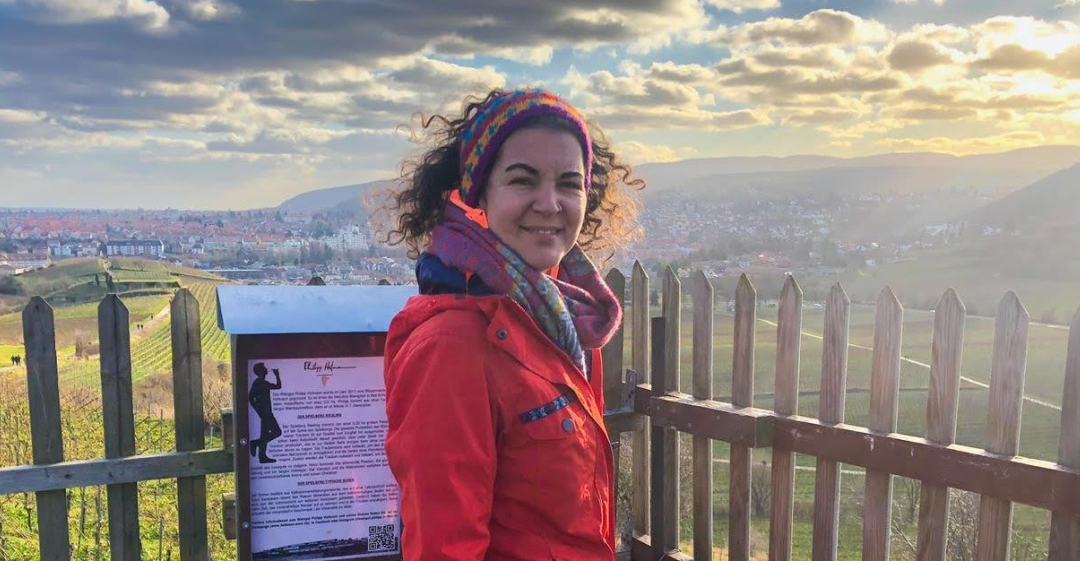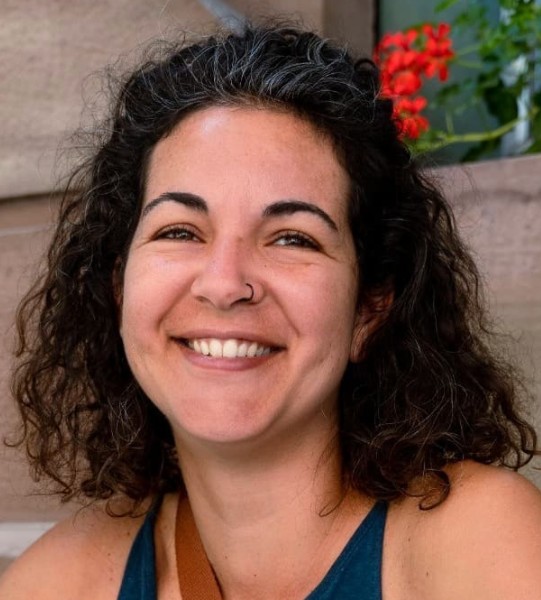“I wanted to find a job that wasn't so affected by global events.”

What work were you doing previously?
I used to work in the tourism industry as a hotel representative at a tourist destination.
What are you doing now?
I'm currently working as a quality analyst (QA) at a global technology consultancy company called Thoughtworks.
How did you feel in your work before you decided to make the change?
I felt good since it allowed me to travel as much as I wanted and lived in different countries.
Why did you change?
After Covid-19, I realised that tourism wasn't a stable industry when it comes to global events such as a pandemic.
I wanted to find a job that wasn't so affected by it, which at the same time allowed me to travel, and eventually become a 'digital nomad'.
When was the moment you decided to make the change?
About nine months into the pandemic, after some brainstorming and talking with some friends and acquaintances.
How did you choose your new career?
I had a talk with an acquaintance that recently changed career from psychology to front-end software development.
I was given many tips and learning references as to how to start learning front-end development. After a few months learning how to code, a friend of mine told me about a non-profit organisation that offers courses for women who want to start in tech.
I applied for the course in web development; they also told me that I could start the 'Intro to QA testing' course. At that moment I didn't know much about the role of a QA; I thought that it was one of the tasks that a developer needed to carry out on a daily basis.
With this thought in mind, I applied for the 'Intro to QA testing' course. As soon as I started I realised that to my surprise I enjoyed being a QA more than a developer (at least for the moment) so I decided to give it a try.
Are you happy with the change?
Indeed I am.
I've found not only a job that allows me to work in a hybrid setup but also one that challenges me every day. It forces me to learn new things and apply them right away.
On top of that, I have the opportunity to work with great people from different countries, different backgrounds and nationalities, who care a lot about topics related to diversity, equality and inclusion, social change, and Responsible Technology, among many others.
This allows me to be surrounded by individuals who question why we're doing the things we do, who support and challenge me to get better not only at work but also as a person, and who are always willing to help out.
This is crucial for me since it means I'm working in a place where people care about each other, where you are more than a number and where your inputs / ideas are heard.
What do you miss?
I only miss working in places where others go on holidays!
How did you go about making the shift?
I started to learn some technical skills, methodologies and tools needed for this role.
I made use of online platforms available to help with finding opportunities, such as LinkedIn and Indeed.
How did you develop (or transfer) the skills you needed for your new role?
At first I researched about how to become a QA / frontend developer and the job descriptions related to these positions in order to have a clear idea of the skills needed.
My learning resources were mainly YouTube videos, free online tutorials, community channels and LinkedIn connections.
How did you handle your finances to make your shift possible?
I was working a full-time job while studying at the same time, so there was no impact to my finances.
What was the most difficult thing about changing?
Working a 40-hour week and studying at the same time.
What help did you get? 
During the ‘Intro to QA testing’ course our mentor (as well as the entire organisation) helped us a lot when searching for a job.
We had support in getting ready for the interview, and they ran regular workshops that helped us to network with other people from the industry and get a better understanding of the position itself.
What resources would you recommend to others?
CodeAcademy, FreeCodeCamp, Udemy, Test Automation University, Frauenloop.org, Martin Fowler’s Blog (about software development), the Thoughtworks Technology Radar and Blog.
What have you learnt in the process?
I've learnt a lot.
Both how to work in an agile work environment, and about QA – manual and automated testing, the basics of Cloud Services, Docker, Kubernetes, JavaScript, Threat Modeling, types of testing and test scenarios, etc.
What would you advise others to do in the same situation?
To keep going and not give up too soon.
To have a clear study plan, dedicate yourself to your studies and be focused.
And also to believe in yourself, to focus on the skills that you bring to the table, and most importantly, on the accomplishments that you have gained during the journey.
What lessons could you take from Jeni's story to use in your own career change? Let us know in the comments below.
Thanks to our friends at Thoughtworks for this story.



